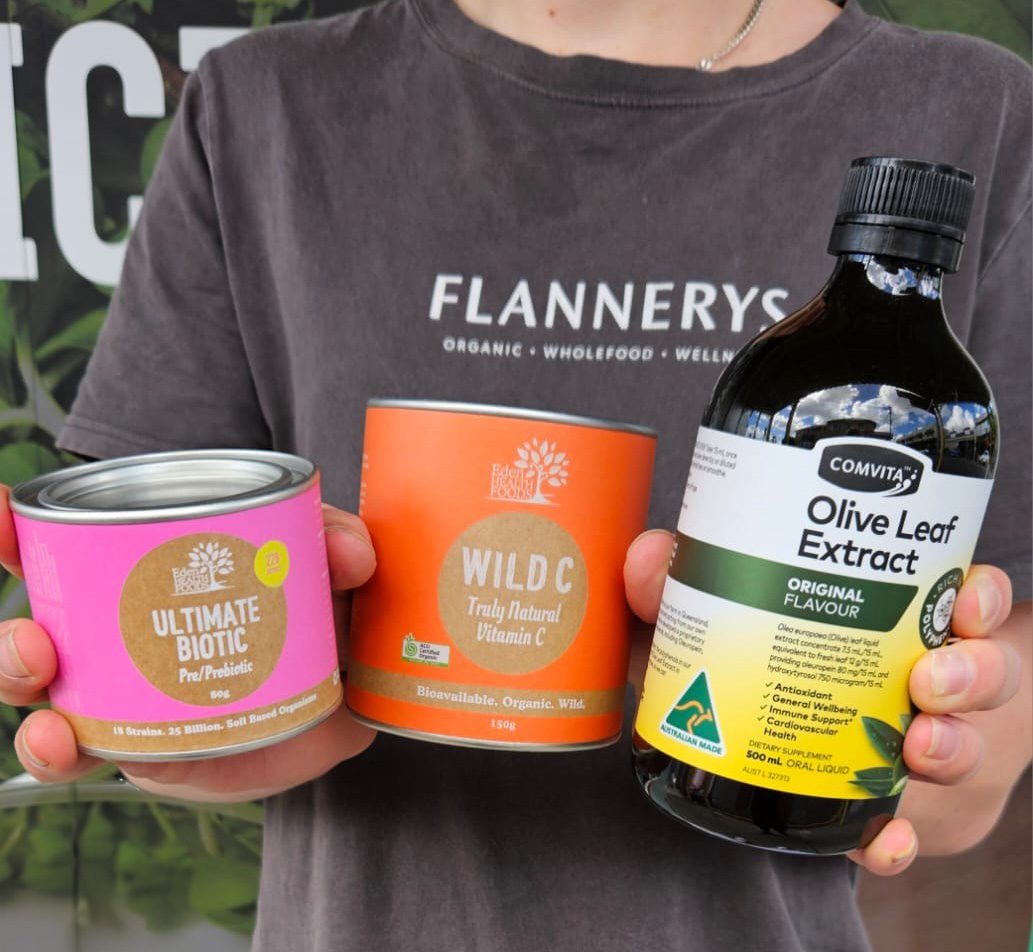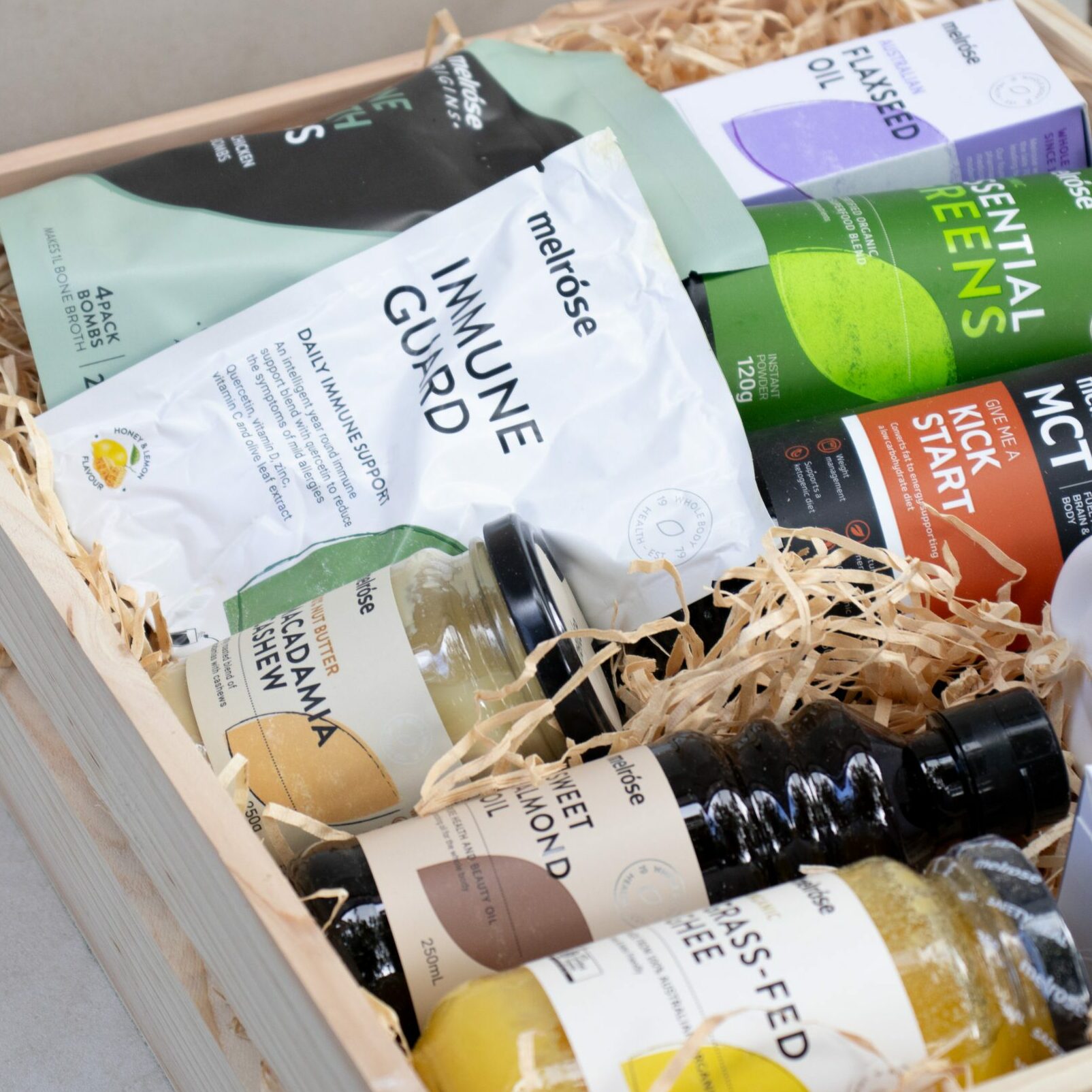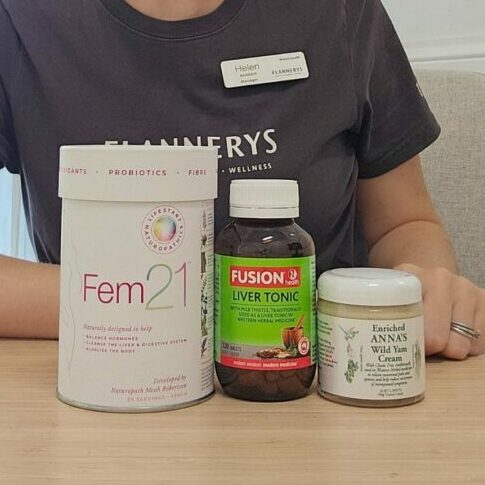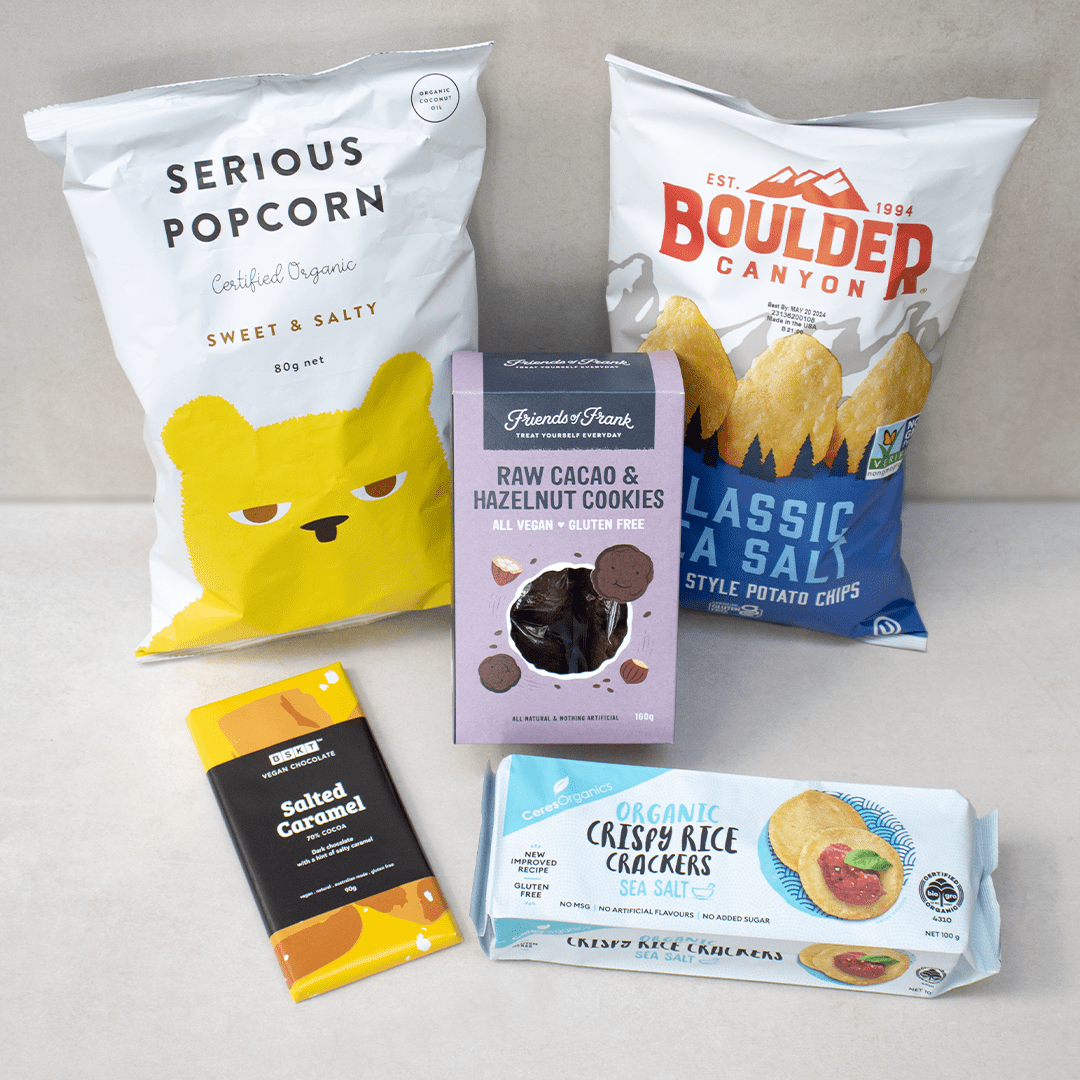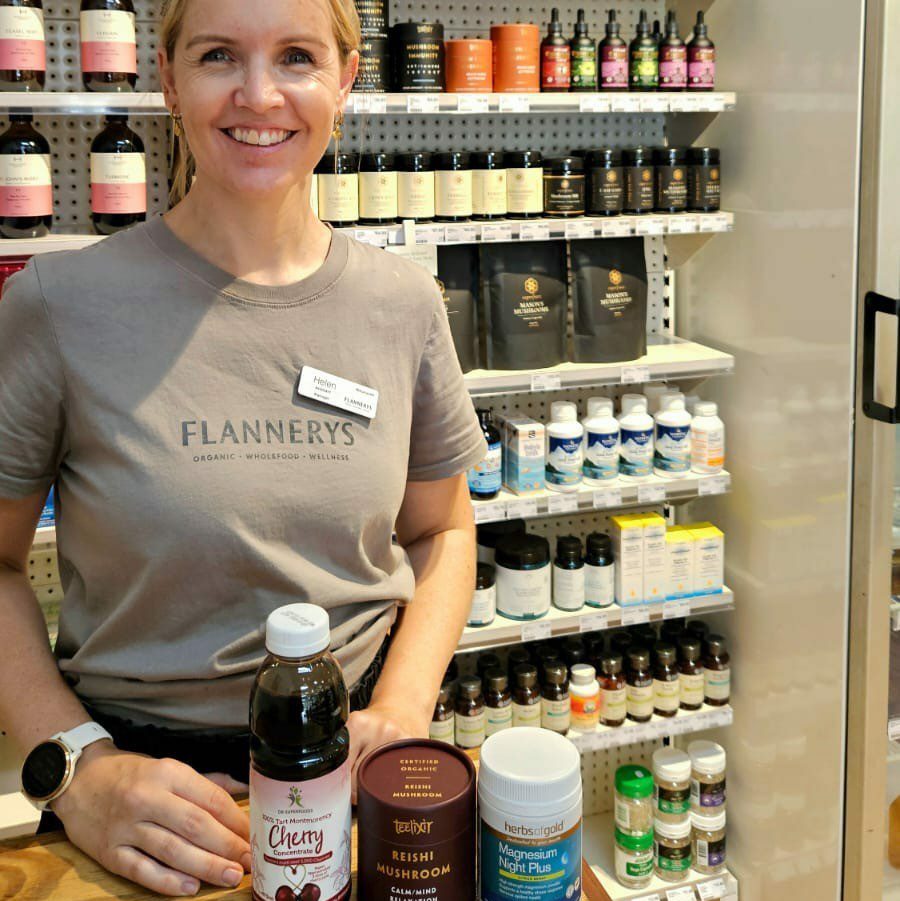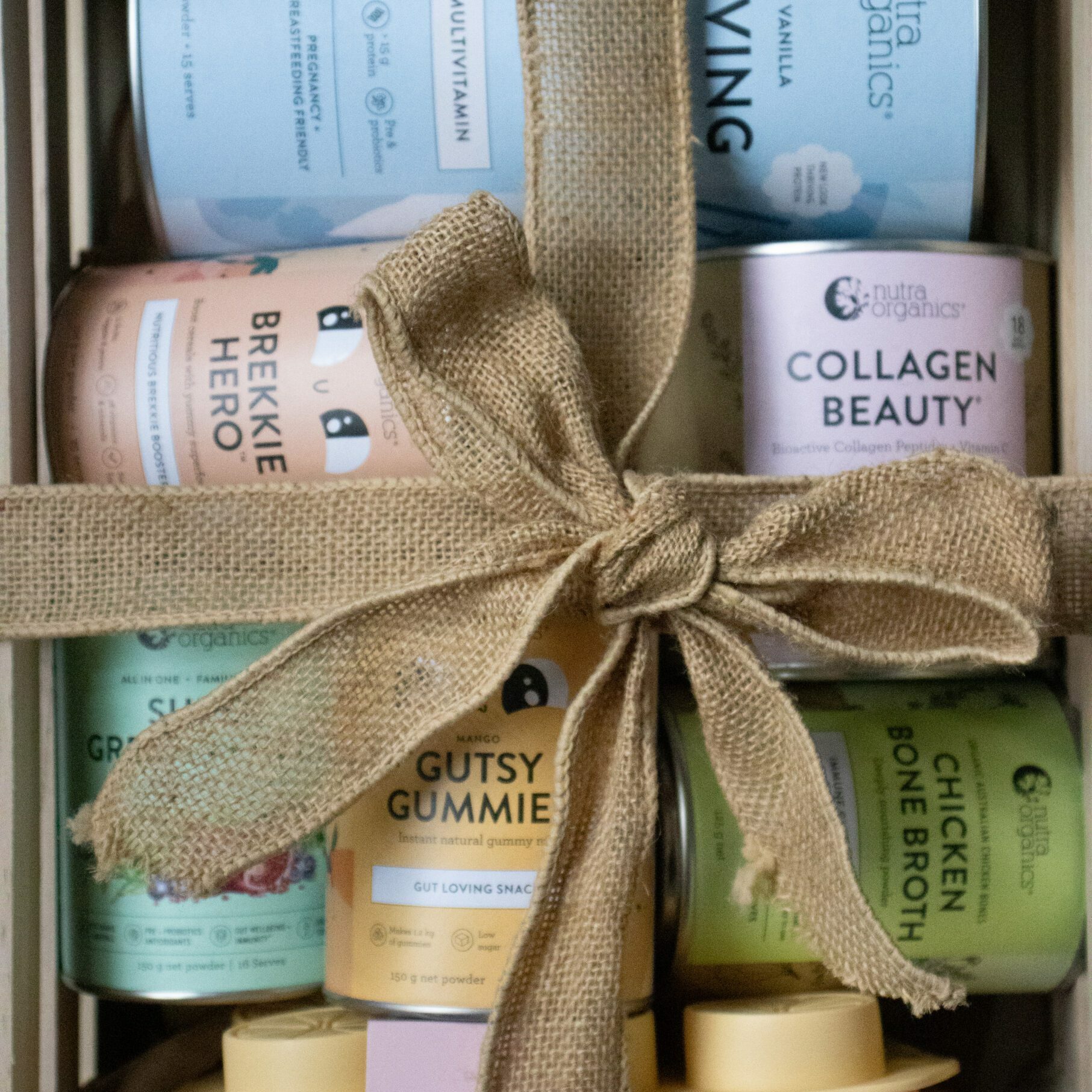
09.04.2020
Nutrients to help our emotional well-being
How are you all doing out there? I’ll be honest I have moments of ‘I’ve got this – I’ve got lots of tools up my sleeve’ to ‘Oh my gosh I’m overwhelmed with the enormity of this situation’. It’s also near impossible to not pick up on the collective anxiety & emotional fear that the vast majority are feeling right now. But the thing is, we can only focus on what we can control and although that may not feel like a lot at the moment, the most important thing we can do right now is to focus on what we can do, rather than what we can’t.
So with that being said I thought I’d do a little review of lifestyle, dietary, nutritional and herbal options we have available to us to help support healthy mental & emotional wellbeing.
As with supporting our immune system through a diet of wholefoods, fresh fruit & vegetables, healthy fats & good quality protein, these foods are also essential for our mental and emotional wellbeing. Our diet provides the building blocks for our neurotransmitters that influence our mood.
Now let’s talk about specific nutrients
We all need essential nutrients to grow, develop & heal. During times of stress or overwhelm – we can look to certain types of nutrients to help support our body’s stress responses and limit further dis-ease.

- Magnesium – The most common nutrient prescribed for stress would have to be Magnesium. Magnesium helps to calm our nervous system with the added benefit of relaxing the muscles, which can also help us sleep. Magnesium can be found in leafy green vegetables, almonds, wholegrain cereals, kelp, cocoa (great timing!) and eggs. Some signs of magnesium deficiency can be found here
- B Vitamins – are also extremely beneficial – particularly if taken during the day with food if energy is low and a little pick me up is needed. As a water soluble nutrient, like Magnesium, the B vitamins can be used up excessively during times of stress so extra intake may be required. B vitamins can be found in meat (muscle & organ), nuts, wholegrains, & eggs.
- Fish oil or Algal oil – Just as beneficial, but one that usually needs to be taken long term to feel the benefits, is Fish oil or Algal oil (if you’d prefer a vegan option). The essential fatty acids found in these supplements, is what the nervous system, including the brain, is made from. So we need good levels of these fats for good mood and mental function.
- Anti-Inflammatory Foods – Additionally, research has shown inflammation also puts us at increased risk of developing mental health problems so inflammatory foods such as excessive gluten, sugar, processed and fried foods should be avoided. Conversely eating an abundance of anti-inflammatory foods is essential – think fruit & vegetables with a special focus on eating the ‘rainbow’ of colours. Some specific foods with anti-inflammatory actions include: leafy greens, pineapple, berries, ginger, turmeric, green tea & papaya.
Lifestyle Influences & options to invest in
We have many lifestyle options to call out, when facing difficult times. It’s important to factor in daily movement, sunshine exposure and our connection with others to help benefit our mental & emotional wellbeing. These are supplementary to ensuring we are eating a wholefood diet, getting plenty of rest & good quality water.

- Human Connection – Research shows that social isolation can be associated with increased risk of depression, anxiety, alcohol use disorders, cardiovascular disorders, and more….Taking this into consideration we need to remember human connection is essential for our wellbeing. We may not be able to socialise in our usual ways at the moment but remember to reach out to your family, your friends, your colleagues. Make sure you Facetime, Zoom, Houseparty or whatever works for you. This is a great reminder that we have connections and that we are still there for each other, albeit in a bit of an alternative way at the moment.
- Vitamin D – Sunshine – In addition to staying in touch with our connections, there are a lot of things we can do for ourselves that can have positive effects on our mood. Sunshine is essential for the vitamin D we receive through our skin as well as the uplifting energy it provides. If we expose our eyes to the morning sun this has the additional benefit of helping our body produce melatonin at night, which has a positive effect on our sleep and has even shown to have anti-viral affects – double bonus! Around 20-30 minutes of being outdoors under the sun is recommended.
- Fresh air & getting outdoors – Let’s not forget the benefits of spending time in nature – taking whatever we have access to at the moment. It may be only a backyard or a daily walk but whatever it is, take your shoes off, connect with the earth and breathe in deeply. Yoga and meditation have also shown endless positive effects on our emotional and mental wellbeing. No need to be perfect. Just do something. Anything that helps to slow the breath will help calm the body and mind and improve our mood.
- Emotional Freedom Technique – A technique I have found extremely beneficial over the years in clinic and for my own personal use include tapping or EFT (Emotional Freedom Technique). This simple technique involves ‘tapping’ our fingers on meridian points in a specific sequence whilst using certain set up phrases and expressing emotions. It has shown to reduce stress by up to 43% . It’s great tool for when you find yourself feeling a bit stuck and can’t quite work out what to do next. There are many videos online that can take you through the step-by-step process.
Flowers & Herbals
- Flower Essences – Another favourite, made from the flowering part of a plant. Unlike essential oils or herbal remedies, there is no physical part of the flower in a flower essence, only its unique vibration. Every flower has a different healing quality and there are also many different types of flower essences available from around the world.The most commonly used in Australia are the Australian Bush Flower Essences – created by Naturopath and herbalist Ian White or the Bach flower essences developed by Dr. Edward Bach. Positive changes that can occur from using flower essences include feeling more self confident and creative, experiencing increased joy, being more forgiving, improving relationships, gaining greater clarity and focus, and even developing a deeper connection with yourself. Pre-made blends are available from Flannerys stores such as Rescue Remedy or individual blends can be made through some naturopaths.
- Herbal Remedies – Lastly I’d like to talk about some of the amazing herbs we have available to us. We can break the key herbal groups we use for mental and emotional wellbeing and stress reduction into a few key categories:
Adaptogens (help reduce the effects of stress on the body),
Adrenal tonics, Anxiolytics (Anti-anxiety),
Sedatives & Thymoleptics (mood uplifting).Some of my favourites include Withania, Holy Basil, Rehmmnaia, Shizandra, Rhodiola, Licorice, Passioflower, Lavendar and St John’s Wort to name a few. Certain herbs can also be helpful to improve quality of sleep – a fundamental element of maintaining mental and emotional wellbeing. Be sure to speak with one of our naturopaths about these options as not all herbs are suitable for all people. Some medications may also interact with certain herbs so always consult a qualified health practitioner before self-prescribing.
I hope this has helped outline some wonderful options you have available to you through Flannerys ranging from organic wholefoods, nutritional supplements, flower essences and herbal medicine. Feel free to speak with one of our naturopaths if you would like further information about any of the topics mentioned above.
https://www.instagram.com/oneskywellbeing_naturopath/
http://www.oneskywellbeing.com.au/
This article is for educational purposes only. Always seek health advice from your healthcare professional before taking any supplements, as it may interfere with medication you are currently taking.
Share this post with your friends


